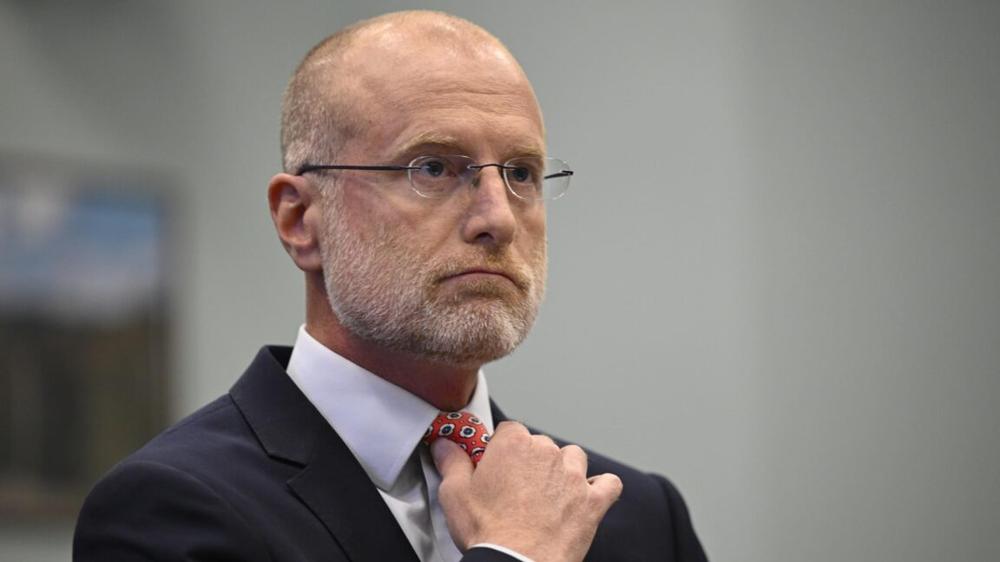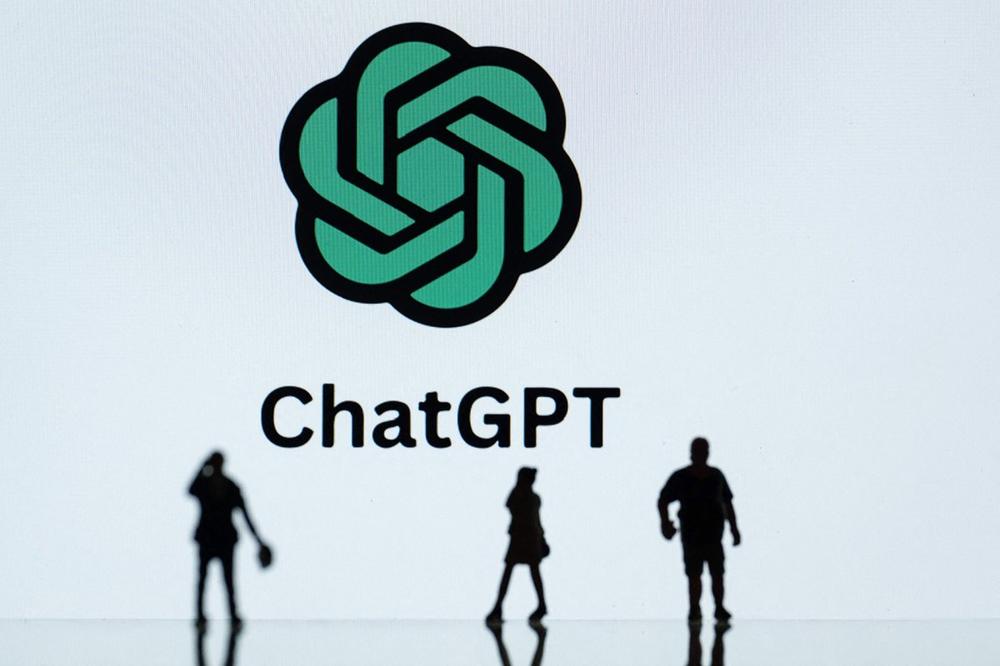The Federal Communications Commission is ditching Biden-era standards for measuring progress toward the goal of universal broadband deployment.
The changes will make it easier for the FCC to give the broadband industry a passing grade in an annual progress report. FCC Chairman Brendan Carr's proposal would give the industry a thumbs-up even if it falls short of 100 percent deployment, eliminate a long-term goal of gigabit broadband speeds, and abandon a new effort to track the affordability of broadband.
Section 706 of the Telecommunications Act requires the FCC to determine whether broadband is being deployed "on a reasonable and timely basis" to all Americans. If the answer is no, the US law says the FCC must "take immediate action to accelerate deployment of such capability by removing barriers to infrastructure investment and by promoting competition in the telecommunications market."
Generally, Democratic-led commissions have found that the industry isn't doing enough to make broadband universally available, while Republican-led commissions have found the opposite. Democratic-led commissions have also periodically increased the speeds used to determine whether advanced telecommunications capabilities are widely available, while Republican-led commissioners have kept the speed standards the same.
No focus on broadband affordability
Carr's proposal, which was released on Thursday and is scheduled for a vote on August 7, criticized the previous administration's approach. Carr intends to focus the next FCC inquiry on the statute's "is being deployed" phrase rather than looking at whether broadband has already been deployed. Carr's proposal said:
To further realign our section 706 inquiry with the statute's plain language, we intend to focus our inquiry on whether advanced telecommunications capability "is being deployed," rather than whether it already has been deployed, as was the focus of the 2024 Report. We believe that the prior Report's binary interpretation of the threshold for issuing a passing or failing grade in the ultimate section 706 finding effectively read the "reasonable and timely" language out of the statute. That interpretation seemingly found anything short of 100% was insufficient to warrant a passing grade and thus disregarded Congress's use of the present progressive tense in "is being deployed." Moreover, we believe that assessing the progress at which advanced telecommunications capability is being deployed would provide far more—and more helpful—information to Congress and the public than an overly simplistic inquiry into whether or not 100% of Americans already have access to such capability.
Carr also doesn't want the FCC to investigate "extraneous" matters such as whether broadband is cheap enough to be affordable.
"The Commission in the 2024 Report departed from the way that the section 706 inquiry had historically been conducted by for the first time reading several extraneous universal service criteria into the section 706 statutory inquiry based upon its interpretation of Congressional intent. We propose to reorient the section 706 inquiry back to the plain language of the statute and eliminate this expansion," the Carr proposal says.
A footnote indicating which extraneous material will be removed said the 2024 report "for the first time incorporated the universal service goals of deployment, adoption, affordability, availability, and equitable access to broadband throughout the United States as the metrics for conducting the section 706 inquiry." Carr objected to the use of words like "affordability" and "adoption" when the 2024 report was released, saying, "those terms appear nowhere in Section 706."
The Carr FCC's proposal points to a Supreme Court ruling that limited the ability of federal agencies to interpret ambiguous laws. Given that ruling, "we believe it is most prudent to strictly adhere to the statutory text," the proposal said.
The Biden-era FCC didn't get very far in analyzing broadband prices. Former Chairwoman Jessica Rosenworcel, who led the FCC under Biden, wanted to expand the commission's use of pricing data. An FCC inquiry in September 2024 sought comment on how the FCC could add more pricing data to its annual analysis, noting that the March 2024 report lacked "granular price information, especially for rural areas, limited the analysis to overall patterns of affordability."
Scrapping long-term gigabit goal
The most recent Section 706 report, released in March 2024 after a 3–2 vote, also raised the FCC's Internet speed benchmark to 100Mbps download speeds and 20Mbps upload speeds. The previous benchmark of 25Mbps downstream and 3Mbps upstream had been in place for nine years.
Under then-Chairwoman Jessica Rosenworcel, the FCC additionally set a "long-term speed goal" of 1Gbps download speeds with 500Mbps upload speeds. Carr's proposal would abolish that long-term goal.
"As part of our return to following the plain language of section 706, we propose to abolish without replacement the long-term goal of 1,000/500Mbps established in the 2024 Report," Carr's plan said. "Not only is a long-term goal not mentioned in section 706, but maintaining such a goal risks skewing the market by unnecessarily potentially picking technological winners and losers."
Fiber networks can already meet a 1,000/500Mbps standard, and the Biden administration generally prioritized fiber when it came to distributing grants to Internet providers. The Trump administration changed grant-giving procedures to distribute more funds to non-fiber providers such as Elon Musk's Starlink satellite network.
Carr's proposal alleged that the 1,000/500Mbps long-term goal would "appear to violate our obligation to conduct our analysis in a technologically neutral manner," as it "may be unreasonably prejudicial to technologies such as satellite and fixed wireless that presently do not support such speeds."
100/20Mbps standard appears to survive
When the 100/20Mbps standard was adopted last year, Carr alleged that "the 100/20Mbps requirement appears to be part and parcel of the Commission's broader attempt to circumvent the statutory requirement of technological neutrality." It appears the Carr FCC will nonetheless stick with 100/20Mbps for measuring availability of fixed broadband. But his plan would seek comment on that approach, suggesting a possibility that it could be changed.
"We propose to again focus our service availability discussion on fixed broadband at speeds of 100/20Mbps and seek comment on this proposal," the plan said.
If any regulatory changes are spurred by Carr's deployment inquiry, they would likely be to eliminate regulations instead of adding them. Carr has been pushing a "Delete, Delete, Delete" initiative to eliminate rules that he considers unnecessary, and his proposal asks for comment on broadband regulations that could be removed.
"Are there currently any regulatory barriers impeding broadband deployment, investment, expansion, competition, and technological innovation that the Commission should consider eliminating?" the call for comment asks.

 ChatGPT users send 2.5 billion prompts a day
ChatGPT users send 2.5 billion prompts a day